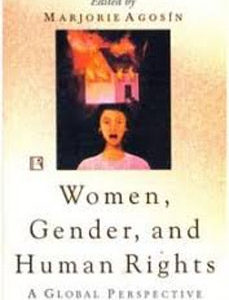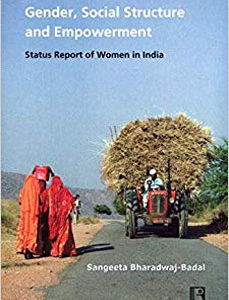Description
This work delves into the ideological and structural factors that underpin gender inequality largely within the patriarchal societies of Asia such as India, Bangladesh and Sri Lanka. It shows how all forms of discrimination against women are justified through cultural, religious and other social values that deny women’s opportunity to occupy positions of power within society, politics, decision-making organisations and even economic upper management. It also gives great importance to the vectors of gendered culture and the need to address those issues essential for women’s emancipation.The other discussed theme concerns the need for women’s political participation for equality, development, and peace, and democracy. The text also highlights the importance of women’s participation in decision-making processes so that the current society will be more representative. It also speaks about demands for women’s liberation for them to be able to assume the responsibility of changes in their lives and claiming rights from the state and the society. Besides, it addresses the challenges women face in attaining leadership roles despite gains in literacy and educational attainment, pointing towards the persistence of gender disparities in positions of power.






